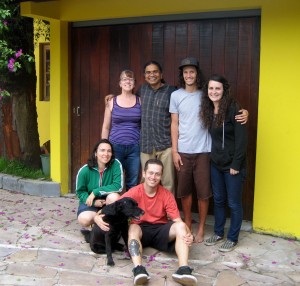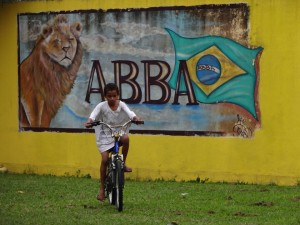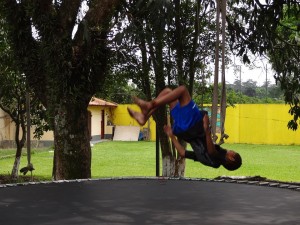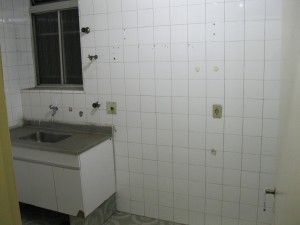Saudade” is a Portuguese word that has intrigued most non-native Portuguese speakers. It is an untranslatable word and every attempt in translating seems to dilute the wealth of its meaning. A superficial translation tries to convey the noun for the verb, to miss someone. However, it goes deeper than just missing someone. When someone says that they have “saudades”, they are saying that they are sensing a void in their souls that only the person or persons can fill. “Saudade” is facing the reality that our lives are incomplete without the person or person or even a certain situation like freedom. Brazilian history records instances where slaves just died from having “saudades”. “Saudade” is a strong experience that cannot be limited to an mere emotional or rational experience. It is a holistically human experience.
There is a reason why I mention this cultural phenomenon in my post today. It explains the riddle of the missing children. One of the missionaries told us that every year during the Christmas period, the children and teens disappear from the streets. Most of them return to their homes even though it might not be the best place for them. A young teenager who is in the juvenile detention center told us that he wants to sleep through Christmas day so that he would not have “saudades”. He comes from an extremely dysfunctional family of drug dealers who have no qualms sending an eight year old child to deliver drugs. It is hard to imagine that his family is gathering around Christmas tree exchanging presents and singing carols. Saudade is not creating an illusion. In fact, it does not necessarily have to be a recollection of a memory. It is a realization that something is missing. It is a reality that forces them to face the emptiness in their souls.
Many of the children battle with this emptiness. They go home hoping that their sense of emptiness might be filled. However, in the month of January, the population of the homeless children and teens increases drastically. The children go home and realize that it was their lack of family ties that drove them to the streets in the first place. Every year, the children undergo this internal battle between two harsh realities; the reality of the emptiness in their souls and their reality of their home life. Every year the children return to the streets disappointed. Those who do not go home at all during Christmas are the ones who have given up completely and just struggle with their “saudades” quietly.
“Saudade” is a beautiful word. It is a really blessing to have “saudades”. It reminds us of life. These children and teens ran away from their homes because they want to turn their backs on life. The sense of “saudade” humanizes them and reminds them that they cannot escape from love. It is the longing for love. It makes us seek for Love. It is a testimony of the Holy Spirit working within the cultural context to bring the awareness what our ancient Church Father, St Augustine, expressed aptly in the Confession:
“Thou hast made us for thyself, O Lord, and our heart is restless until it finds its rest in thee.”
I hope that everyone has had a Blessed Thanksgiving and our hearts are filled with saudades for our friends and families. God bless.






